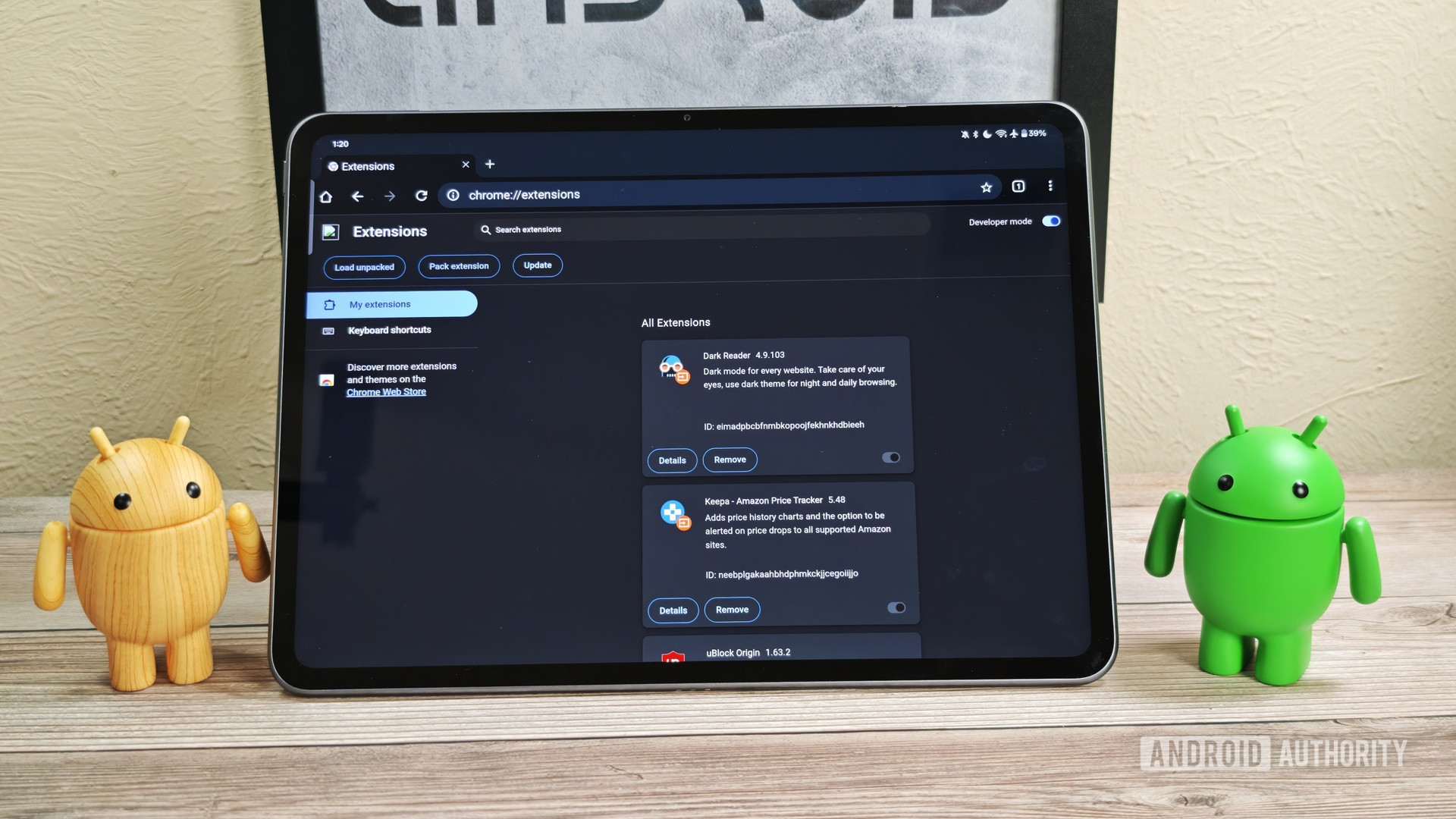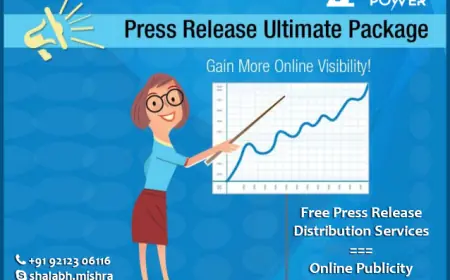What Does an Adjuster Do in Insurance Claims?
Discover the crucial role of an insurance adjuster, from evaluating damages to finalizing your claim, ensuring fair and transparent outcomes.

Insurance can feel like a maze, especially when dealing with claims. If you’ve ever filed a claim, you might have encountered an adjuster. Adjusters play a pivotal role in the insurance world, acting as the bridge between the insurance company and you, the policyholder. If you find yourself overwhelmed, a Public Adjuster
Understanding the Role of an Insurance Adjuster
An insurance adjuster is the person responsible for evaluating your claim. Their job is to inspect damages, review policies, and determine the appropriate payout. Adjusters are either employed by insurance companies or work independently, often contracted by multiple companies. Their primary goal is to ensure that claims are settled fairly based on policy terms and real-life losses.
Types of Insurance Adjusters
Insurance adjusters come in different types, each serving specific purposes. Knowing the distinctions can be helpful, especially if you need to know who to expect at your door or on the phone.
1. Company Adjusters
These adjusters work directly for the insurance company. They are salaried employees whose loyalty often lies with the company, though they aim to provide fair evaluations. If you file a claim with your insurer, it’s likely a company adjuster will handle it.
2. Independent Adjusters
Independent adjusters are not direct employees of insurance companies. Instead, they work on a contractual basis, handling claims for various insurers. They’re particularly common in areas hit by natural disasters, where there’s a need for more adjusters than a single company might have on staff.
3. Public Adjusters
Unlike company and independent adjusters, public adjusters work for the policyholder. If you feel you need extra support in your claim, hiring a public adjuster can be beneficial. They advocate for you, ensuring the claim payout is fair and fully covers your loss.
Initial Contact: The Adjuster’s First Steps
Once you file a claim, an adjuster is usually assigned to your case within a few days. The adjuster’s first move is to make initial contact. During this step, they’ll introduce themselves, explain the process, and set up an inspection date if necessary. This meeting is crucial, as it’s your chance to understand how the claim process will unfold and ask questions.
Inspecting the Damage: Assessing the Losses
When it’s time for the inspection, the adjuster will assess the damage in detail. This is where they gather information, take photos, and record any relevant details. They’ll also ask questions to better understand the incident that caused the loss. This inspection is a vital part of the claims process, as it determines the claim amount.
Reviewing Policy Terms and Coverage
Once the adjuster has inspected the damage, they’ll review the details of your insurance policy. Policies are packed with fine print, and not all damages are covered. The adjuster’s job is to interpret these details accurately, determining what losses are eligible for compensation. This step ensures that the claim aligns with your coverage, setting the foundation for a fair settlement.
Estimating the Claim Value
After inspecting the damage and reviewing the policy, the adjuster will estimate the claim’s value. This estimate considers the cost to repair or replace damaged items. Adjusters use various tools and databases to ensure that estimates reflect current market prices. A well-researched estimate provides the foundation for the final claim offer.
Negotiating a Settlement
Once the claim value is estimated, it’s time for the adjuster to negotiate the settlement. They’ll present their findings to both the insurance company and you, suggesting an appropriate payout based on the policy and their inspection. If you feel the offer doesn’t fully cover your loss, you have the right to negotiate. The adjuster will discuss these concerns and possibly re-evaluate parts of the claim to reach an agreeable outcome.
Finalizing the Claim
When both sides agree on a settlement amount, the adjuster will move forward to close the claim. This stage involves paperwork, verifying signatures, and ensuring all documentation is complete. After the paperwork is signed, the insurance company processes the payout, which typically takes a few days to a few weeks.
Situations Where an Adjuster’s Role Becomes Essential
Not all claims require extensive work from an adjuster, but in certain situations, their role becomes particularly crucial. Here’s when adjusters become invaluable:
1. Complex Claims
For claims involving extensive damage or complicated policy terms, adjusters bring clarity and expertise. They provide a thorough assessment that helps avoid future disputes.
2. High-Value Claims
When significant sums are involved, insurance companies are more thorough, and adjusters ensure all details are accounted for. Their expertise ensures that large claims are handled meticulously.
3. Claims Involving Liability
If a claim includes liability—like injuries or third-party damages—the adjuster’s role extends to investigating these elements. They gather evidence, interview witnesses, and sometimes consult experts to make accurate decisions.
Adjusters and the Potential for Disputes
While adjusters are there to assess claims fairly, disputes can arise. Sometimes, policyholders feel their payout doesn’t reflect the damage. If this happens, you have the right to appeal the claim decision. A second review by the same adjuster or an independent assessment may follow to find common ground. Public adjusters can also assist, advocating for your interests during negotiations.
When You Might Need a Public Adjuster
Hiring a public adjuster is an option if you’re unhappy with the handling of your claim. Public adjusters work solely for the policyholder, not the insurance company, so they prioritize your interests. They can be especially useful for large or complex claims where the insurer’s initial offer doesn’t seem fair. However, it’s essential to know that public adjusters charge fees—usually a percentage of your final claim payout.
Tips for Working Smoothly with an Insurance Adjuster
Being prepared and cooperative can help you get the best outcome from your claim. Here are some tips for working with your adjuster:
- Provide Clear Information: Be honest and provide as much detail as possible. This transparency helps adjusters accurately assess the claim.
- Document Everything: Photos, receipts, and previous communication records strengthen your case and help adjusters understand your losses.
- Stay Engaged: Keep in touch and follow up on the claim’s progress. A proactive approach can lead to a smoother, faster settlement.
Final Thoughts: The Value of a Skilled Adjuster
Insurance adjusters play a vital role in the claims process, bridging the gap between insurers and policyholders. They bring expertise, transparency, and structure to an otherwise complex process, ensuring fair outcomes for all parties involved. By understanding what an adjuster does and knowing your rights, you can navigate the claims process with confidence, helping you secure a fair settlement that reflects your policy and the real extent of your losses.
What's Your Reaction?
 Like
0
Like
0
 Dislike
0
Dislike
0
 Love
0
Love
0
 Funny
0
Funny
0
 Angry
0
Angry
0
 Sad
0
Sad
0
 Wow
0
Wow
0

















































